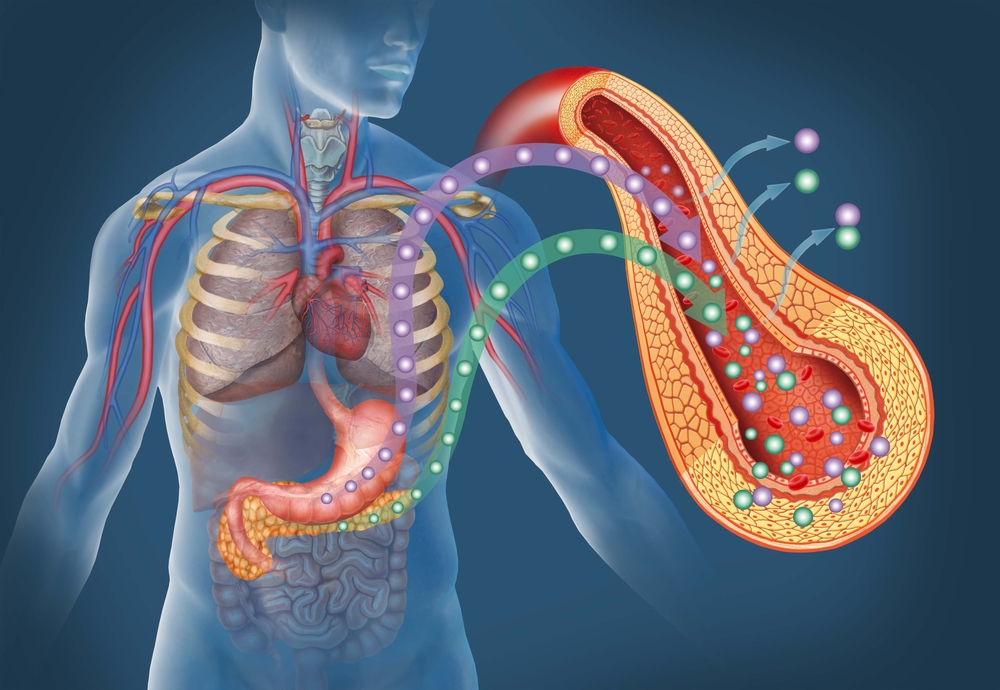Diabetes is a chronic disease that both reduces life expectancy and reduces quality of life among the afflicted.
According to the Center for Disease Control (CDC), 29.1 million people or 9.3% of the U.S. population has diabetes, including an estimated 8.1 million who are undiagnosed. According to the American Diabetes Association, the “2012 cost of this disease in the U.S. was $245 billion per annum or approximately $500,000 every minute.”
Additionally, nearly 90% of those patients are afflicted by type 2 or “insulin resistant” diabetes. Specifically, the World Health Organization (WHO) estimates that 90% of people around the world who are afflicted by diabetes suffer from type 2 diabetes.
Therefore, progress with a cell therapy based approach for the treatment diabetes would represent a global medical breakthrough.
AltuCell Releases Peer-Reviewed Evidence in Support of a Cure for Diabetes
One small but powerful company working in this area is AltuCell, a company whose mission is to find a cure for insulin-dependent diabetes
Led by CEO Gary Harlem, AltuCell is a private pharmaceutical company with a world-renowned medical team spread across the U.S. and Europe.
In a recent peer-review article published in the journal Xenotransplantation on Sept. 27th 2016, AltuCell’s medical lead Dr. Giovanni Luca announced:
“Increased abdominal fat and chronic inflammation in the expanded adipose tissue of obesity contributes to development of insulin resistance and Type 2 Diabetes Mellitus (T2D). The emerging immunoregulatory and anti-inflammatory properties of Sertoli cells have prompted their application to experimental models of autoimmune/inflammatory disorders, including diabetes.
The main goal of this work was to verify whether transplantation of microencapsulated pre-pubertal porcine Sertoli cell (MC-SC) in the subcutaneous abdominal fat depot of spontaneously diabetic and obese db/db mice [homozygous for the diabetes spontaneous mutation (Leprdb)] would: 1) improve glucose homeostasis; 2) modulate local and systemic immune response and adipokines profiles.”
The team subsequently reported the following results of their research:
“We have preliminarily shown that graft of MC-SC restored glucose homeostasis, with normalization of glycated hemoglobin values with improvement of the intraperitoneal glucose tolerance test in 60% of the treated animals. These results were associated with consistent increase, in the adipose tissue, of uncoupling protein 1 expression, regulatory B cells, anti-inflammatory macrophages and a concomitant decrease of proinflammatory macrophages.”
Therefore, Dr. Giovanni Luca, et al., concludes that, “Xenograft of MC-SC holds promises for an effective cell therapy approach for treatment of experimental [type 2 diabetes].”
Support of Microencapsulated Sertoli Cells for Reversal of Diabetes
Not surprisingly, this journal article has been receiving massive attention.
One of the important voices in support of the recent findings is Dr. David White of the Schulich School of Medicine at the University of Western Ontario. He released a fascinating article titled “A Cure for Type 2 Diabetes?”
In this article, Dr. White states:
“In this study the Calafiore group has transplanted microencapsulated porcine Sertoli cells into the subcutaneous fat of 30 type 2 diabetic-prone obese mice (db/db) after they had become frankly diabetic. Remarkably 60% of the treated mice (18 out of the 30) had their glucose control restored and demonstrated normal glucose tolerance tests. The remaining 40% “failures” all showed improvements as assessed by reduced HbA1c levels. Control mice remained diabetic.”
To clearly summarize Dr. White’s position about the recent Giovanni Luca et al. publication:
“This paper offers up the possibility of a simple, safe, clinically applicable treatment that results in type 2 diabetics recovering normal glucose homeostasis.”
Learn More about Microencapsulated Sertoli Cells
To learn more about AltuCell’s preclinical breakthrough utilizing microencapsulated Sertoli cells to establish reversal of diabetes in a murine (mouse) model, view the following resources.
- Full article by Giovanni Luca et al. titled “Xenografts of microencapsulated Sertoli cells restores glucose homeostasis in db/db mice with spontaneous diabetes mellitus”
- Commentary article by Dr. David White, titled “A Cure for Type 2 Diabetes?“
